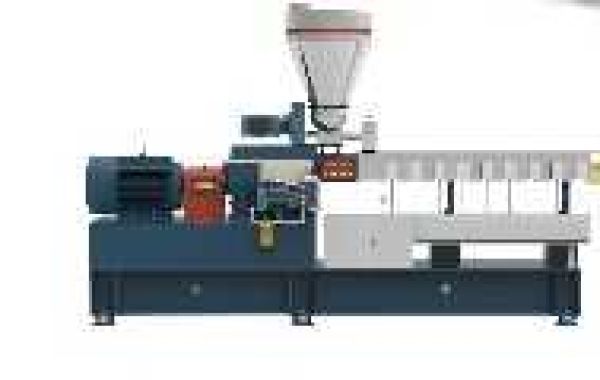In the intricate world of material science and engineering, the laboratory granulator stands as a cornerstone of innovation and efficiency. This indispensable piece of equipment is designed to break down larger materials into smaller, more manageable granules, facilitating a wide range of applications from pharmaceuticals to plastics recycling. The laboratory granulator's precision and control over the size and shape of the granules produced are critical in ensuring the quality and consistency of end products.
The importance of the laboratory granulator cannot be overstated, as it plays a pivotal role in the research and development phase of new materials. By enabling scientists to experiment with different particle sizes and shapes, these granulators contribute to the discovery of new material properties and the optimization of existing ones. In pharmaceuticals, for instance, the size of a drug granule can significantly affect its dissolution rate and bioavailability, making the laboratory granulator an essential tool in drug formulation.
The design of a laboratory granulator is tailored to meet the specific needs of a laboratory environment. Unlike their industrial counterparts, these machines are compact, quiet, and easy to operate, making them ideal for use in confined spaces where noise and space are at a premium. The use of high-quality materials and advanced engineering ensures that laboratory granulators are durable and reliable, capable of withstanding the rigors of continuous use without compromising performance.
One of the key benefits of the laboratory granulator is its ability to handle a wide variety of materials, from soft plastics to hard metals. This versatility is achieved through the use of different cutting mechanisms, such as knives, blades, and screens, which can be easily adjusted or replaced to suit the material being processed. This adaptability allows researchers to experiment with new materials and processes without the need for additional equipment, streamlining the research and development process.
The operation of a laboratory granulator is also designed with user safety and ease of use in mind. Features such as safety guards, emergency stop buttons, and clear operating instructions help to minimize the risk of accidents and ensure that the machine can be used effectively by a wide range of users, from experienced technicians to students new to the field. This user-friendly approach not only enhances productivity but also encourages a culture of experimentation and innovation.
In the realm of plastics recycling, the laboratory granulator plays a crucial role in the process of converting waste materials into valuable resources. By breaking down plastics into granules, these machines enable the recycling of materials that would otherwise be destined for landfills. This not only reduces the environmental impact of plastic waste but also contributes to the development of a circular economy, where resources are reused and recycled rather than discarded.
The impact of the laboratory granulator extends beyond the laboratory and into the wider world of manufacturing and product development. By providing a means of accurately controlling the size and shape of material granules, these machines enable manufacturers to produce high-quality products with consistent and predictable performance. This consistency is particularly important in industries such as food processing, where the texture and appearance of a product can significantly affect its marketability.
In conclusion, the laboratory granulator is a vital piece of equipment in the field of material science and engineering. Its ability to process a wide range of materials with precision and control makes it an essential tool for research, development, and manufacturing. As the demand for high-quality materials and products continues to grow, the role of the laboratory granulator is likely to become even more significant, driving innovation and efficiency in laboratories around the world.








